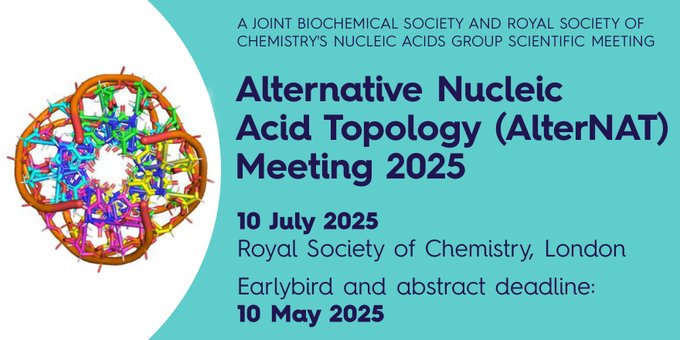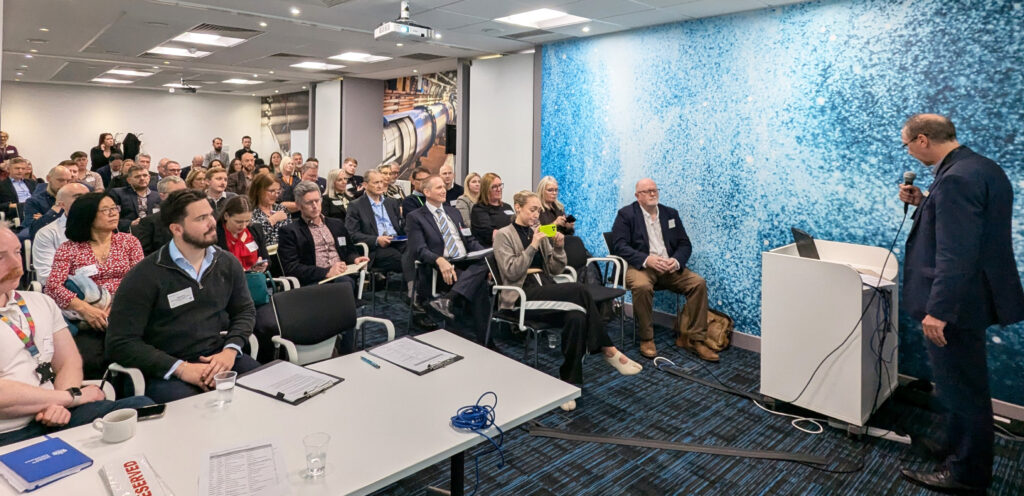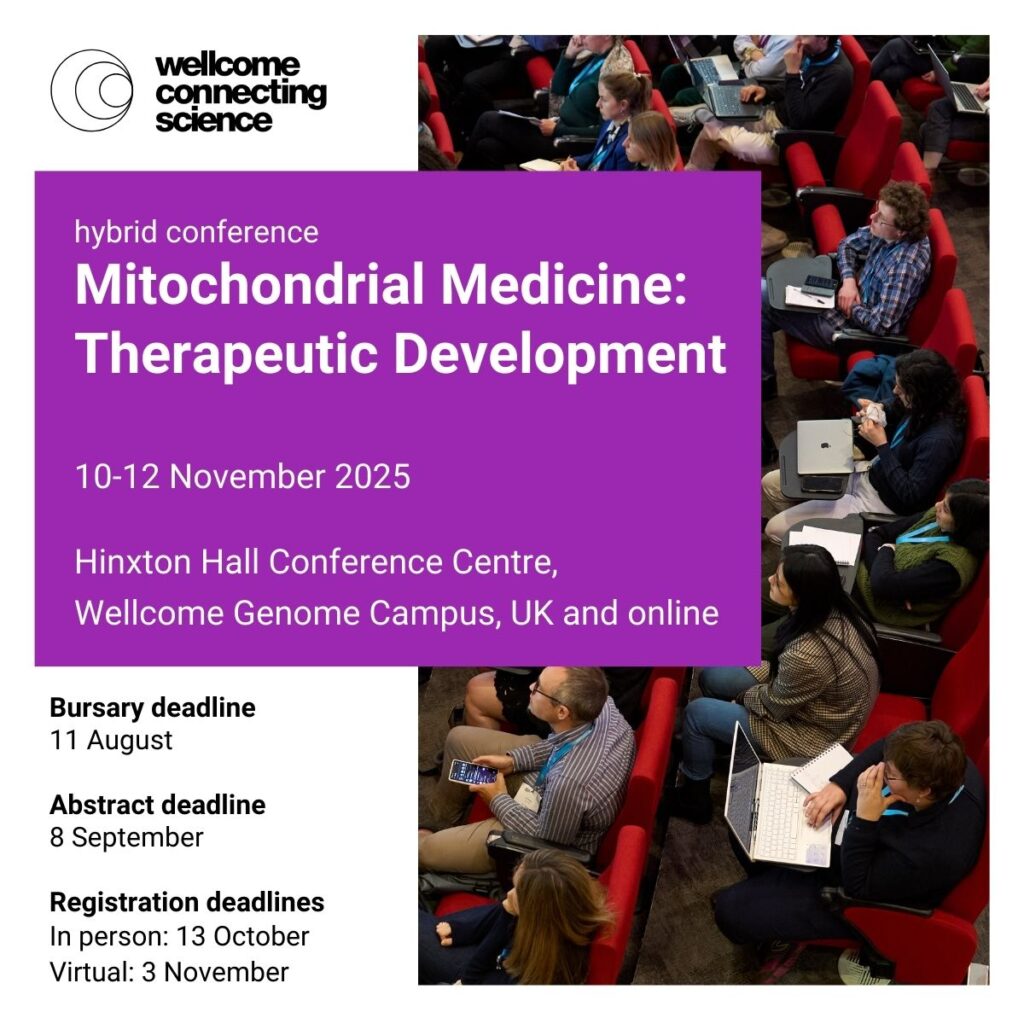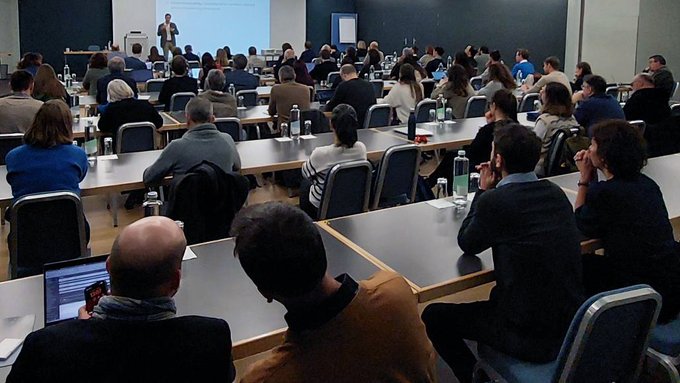Advances in tools like nanopore sensors, DNA sequencing, and AI-driven platforms such as AlphaFold have greatly enhanced our ability to study non-canonical DNA structures. Open-source software and improved microscopy techniques have also advanced the engineering and characterisation of DNA nanostructures. While our understanding of their functions and applications has grown, many questions remain.
This meeting will unite researchers from biochemistry, genome biology, biotechnology, biophysics, and molecular biology who focus on alternative multistranded nucleic structures. It will foster discussion on current developments, inspire new ideas and collaborations, and support progress toward answering key biological questions.




